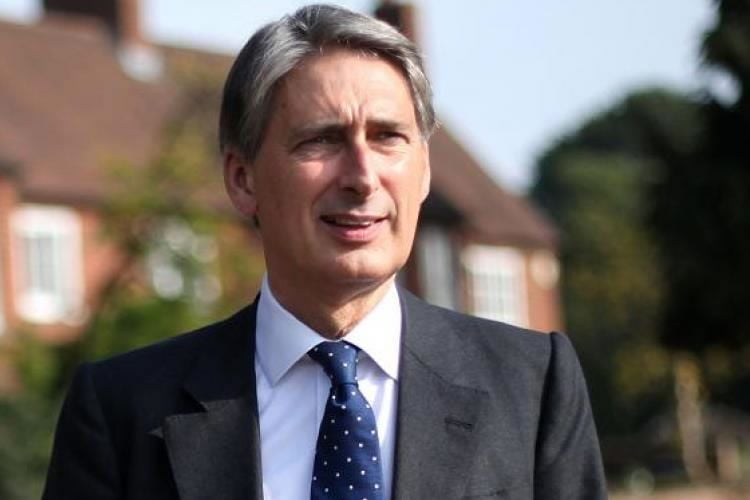UK Government Expected to Undershoot Official Borrowing Forecasts, Hammond Could Even Borrow More
- Written by: Gary Howes
-

Positive public sector finance data from the ONS confirms a continued gradual improvement in the UK’s public finances with an expected impact from the Brexit vote failing to materialise.
Public Sector Net Borrowing for December read at £6.42BN, down from a previous £10.83BN. This latter figure was in itself revised lower.
This is down from borrowing of £7.2bn announced at the same time a year earlier.
Markets had forecast a reading of £7BN to be announced.
The data constitutes a trend of a gradual improvement in the public finances that will be welcomed by Chancellor Philip Hammond.
The improvement was mainly driven by a 5.6% annual rise in central government receipts, while spending actually fell slightly on a year earlier.
“And looking through some of the monthly volatility, receipts growth has been on a slight upward trend since May – adding to the evidence that the economy has held up well following the vote to leave the EU,” says Paul Hollingsworth at Capital Economics.
The December result – along with downward revisions to borrowing in previous months – means that PSNB ex in the first nine months of the fiscal year of £63.8bn was 14% below that from a year earlier.
“While this is well short of the fall of around a quarter for the year as a whole expected by the OBR in March 2016, it is greater than the 10% reduction that the OBR forecast in November 2016,” says Hollingsworth.
And a previous change to the dividend tax rate should result in self-assessment tax receipts being back-loaded this fiscal year.
Capital Economics think borrowing should come in slightly below the OBR’s current £68bn forecast for the 2016/17 fiscal year.
Others agree.
Victoria Clarke at Investec says Hammond could even borrow more:
"The numbers suggest Chancellor Hammond is well on track to reach the £68.2bn OBR borrowing projection for 2016/17, set at the November Autumn Statement. Indeed, the Chancellor has scope for borrowing to come in more than £1bn above last year’s levels in each remaining month of 2016/17."
The Office for Budget Responsibility (OBR) had warned that figures for the final third of the year are likely to show borrowing up on year ago levels due to lower corporation tax, lower stamp duty land tax revenues and higher debt interest requirements.
Note that ahead of the Budget on 8 March, Chancellor Hammond has indicated that he does not plan to undertake any further major fiscal policy changes at present.
Indeed, at Davos last week the Chancellor reiterated that the Budget will be ‘steady as she goes’ and that he did not see the need to access fiscal ‘headroom’; he spoke of no radical change in outlook since the Autumn Statement.
